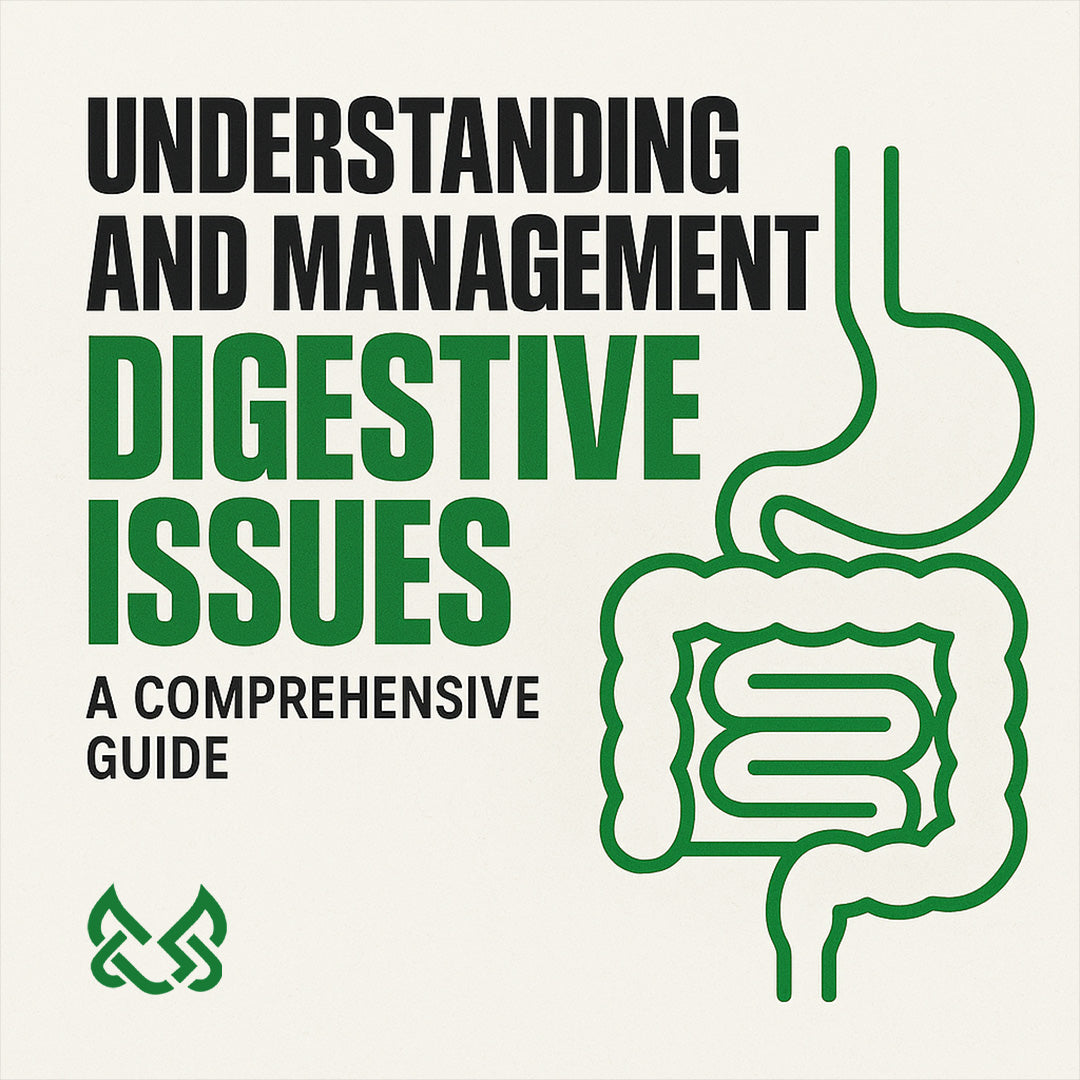Bulking is an essential phase for anyone serious about building muscle. It’s a period where you consume more calories than you burn to promote muscle growth. However, many people struggle with finding the right balance between gaining muscle and minimizing fat gain. In this guide, we'll break down the key strategies you need to follow to bulk up effectively without accumulating excess body fat.
1. Understanding the Basics of Bulking
Bulking involves creating a calorie surplus, meaning you consume more calories than your body needs to maintain its current weight. This surplus provides the necessary energy and nutrients for muscle growth. However, too large of a surplus can lead to unwanted fat gain, so the goal is to find the sweet spot where you’re gaining mostly muscle.
Calculate Your Caloric Needs
Start by determining your Total Daily Energy Expenditure (TDEE), which is the number of calories your body needs to maintain its current weight. You can use online calculators for an accurate number. Once you know your TDEE, add 250-500 calories to it to create a controlled calorie surplus.
Example: If your TDEE is 2,500 calories, your bulking diet should range between 2,750 and 3,000 calories daily.
Macronutrient Ratios
The next step is to figure out your macronutrient distribution—how much protein, carbohydrates, and fats you should be consuming. A general guideline for a bulking phase is:
- Protein: 1.6 to 2.2 grams to per kg of body weight.
- Carbohydrates: 4.4 to 5.5 grams per kg of body weight.
- Fats: 0.88 to 1.1 grams per kg of body weight.
Again these are only recommended macros which may not be suitable for everyone, find your sweet spot!
2. Prioritise High-Quality Nutrition
When bulking, it’s not just about eating more but about eating more of the right foods. Nutrient-dense foods provide the vitamins, minerals, and antioxidants your body needs to function optimally during this intense growth period.
Protein Sources
- Lean meats: Chicken breast, turkey, lean cuts of beef
- Fish: Salmon, tuna, tilapia
- Dairy: Greek yogurt, cottage cheese
- Plant-based: Lentils, quinoa, tofu, tempeh
Carbohydrate Sources
- Complex carbs: Oats, sweet potatoes, brown rice, whole grains
- Fruits: Berries, bananas, apples
- Vegetables: Leafy greens, broccoli, asparagus
Healthy Fats
- Nuts and seeds: Almonds, chia seeds, flaxseeds
- Oils: Olive oil, avocado oil
- Fatty fish: Salmon, mackerel
Meal Timing and Frequency
While total daily intake is crucial, meal timing can also play a role in optimising your bulking phase. Aim to eat 4-6 smaller meals throughout the day to keep your metabolism active and provide your muscles with a steady stream of nutrients.
3. Training for Maximum Muscle Growth
Nutrition is only part of the equation; your workout regimen plays a critical role in how much muscle you can build during a bulking phase.
Focus on Compound Movements
Compound exercises—such as squats, deadlifts, bench presses, and rows—are essential because they work multiple muscle groups at once, allowing you to lift heavier weights and stimulate more muscle growth. You can always add extra isolation exercise either at the start of your workout or after, if you want to prioritise that specific muscle group, do it at the start.
Progressive Overload
To continue gaining muscle, you need to progressively increase the weight, reps, or intensity of your workouts. This principle, known as progressive overload, ensures that your muscles are continually challenged and forced to adapt by growing larger and stronger. Also, focus on some tempo work, slowing down with your exercises, pausing where the muscle is fully lengthening.
Rest and Recovery
Muscle growth occurs during rest, not while you’re in the gym. Aim for 7-9 hours of sleep per night, and ensure you’re giving each muscle group at least 48 hours of recovery before working it again.
Cardio Considerations
While the primary focus during bulking is on resistance training, incorporating light to moderate cardio can help manage fat gain without compromising muscle growth. Limit cardio to 2-3 sessions per week, focusing on low-intensity activities like walking or cycling.
4. Monitoring Progress and Making Adjustments
Tracking your progress is essential for successful bulking. This includes monitoring your weight, taking progress pictures, body composition, and strength levels.
Weigh Yourself Daily
Check your weight daily at the same time of day (ideally in the morning before eating). Aim for a weight gain of about 0.3 to 0.5kgs a week. If you’re gaining more, you may need to reduce your calorie intake slightly to avoid excessive fat gain.
Adjusting Your Diet and Training
If you notice you’re gaining too much fat or not enough muscle, make small adjustments to your calorie intake or training intensity. Adding or subtracting 100-200 calories from your daily intake or tweaking your workout routine can help you stay on track.
5. Supplement Smartly
While whole foods should be your primary source of nutrients, supplements can help fill in the gaps, especially when you’re bulking.
Protein Powder
Whey or plant-based protein powders can help you meet your daily protein goals, especially if you’re struggling to get enough from food alone.
Creatine
Creatine is one of the most researched and effective supplements for increasing muscle mass and strength. A daily dose of 3-5 grams can help improve performance in the gym.
EAA'S
EAA'S can help reduce muscle soreness and improve recovery, allowing you to train harder and more frequently.
Multivitamins and Fish Oil
A good multivitamin (NOT THE RUBISH ONES) and fish oil supplement can support overall health, ensuring your body functions optimally during the bulking phase.
6. Staying Consistent and Patient
Muscle building is a slow process that requires consistency, patience, and discipline. Stick to your nutrition and training plan, monitor your progress, and make adjustments as needed. Remember that everyone’s body responds differently, so what works for someone else might need tweaking for you.




